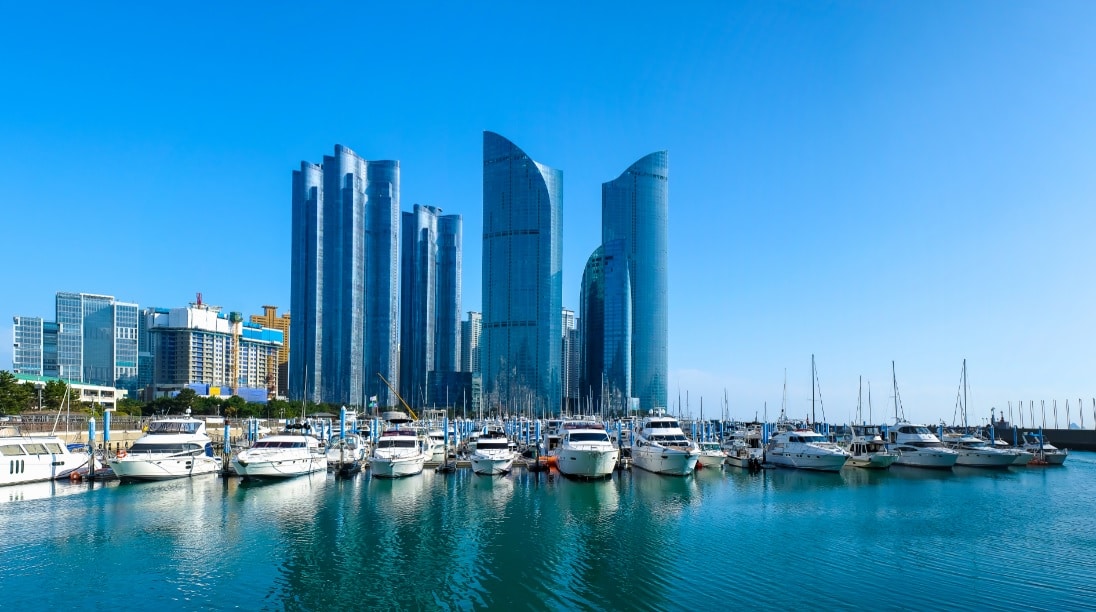The second project of Busan Blockchain Special Zone will be finalized on the 6th of next month. Of the four projects discussed last, Samsung SDS-led DID service was excluded from this review.
Ministry of SMEs and Startups announced on the 29th that it held the ‘3rd Regulatory Free Special Zone Deliberation Committee’ and deliberated on the new designation of 7 special free zones in regions and the expansion of the 1st and 2nd designated projects. Busan was selected as a block chain special zone last year, and the deliberation on the selection of a secondary operator was conducted.
Three projects have been considered; blockchain-based real estate collective investment service (Sejong Telecom), blockchain-based data reward and transaction service (Glosfer), and blockchain-based medical my data platform (AI Platform Consortium). Samsung SDS’s block-based cruise ship smart entry/exit DID authentication service was excluded. An official from Busan said, “Samsung SDS’ DID project will be carried out as the next additional project.”
If the project passes the mid-term deliberation committee held today, it will be presented to the special zone committee presided over by Prime Minister on the 6th of next month, and the final decision will be made on whether the special zone and business will be decided. An official from Busan said, “All three services reviewed today are expected to be presented to the special zone committee presided over by the prime minister.” The final result of the project selection will be announced on the 6th of next month.
The deliberation of the special zone for regulatory freedom was divided into two parts. In the first part, the local government announced the special zone plan applied by the local government, and proceeded with questions and answers. In particular, a jury of economic journalists and private experts participated to reflect the public interest in the special zone system for regulatory freedom and to conduct a fair review. The jury submitted their opinions on the designation of special zones, along with evaluations of plans for the special zones.
In the second part, the designated special zone to be presented to the committee presided over by Prime Minister was deliberated on the basis of the evaluation criteria, based on the professional discussions reviewed by the subcommittees organized by local government’s special zone plans, referring to the evaluation results of the jury. The committee’s evaluation criteria were as follows: ① Appropriateness of location and area ② Utilization of regional characteristics and conditions ③ Innovativeness and possibility of growth ④ Key regulatory sandboxes exist ⑤ Securing resources and attracting investment ⑥ Regional and national economic effects ⑦ Minimizing side effects
Park Seon Young, Minister of SMEs and Startups said, “With the accelerated de-digitization and digitization of Corona 19, the government is also focusing on green and digital new deals. The special zone for regulatory freedom will also actively respond to this trend to promote related industries and technologies.”
관련
기사제보 및 보도자료: press@blockmedia.co.kr
▶ 블록미디어 유튜브 바로가기 https://www.youtube.com/blockmedia
▶ 블록미디어 텔레그램 바로가기 https://t.me/blockmedia
▶ 블록미디어 페이스북 바로가기 https://www.facebook.com/blockmediakorea/

